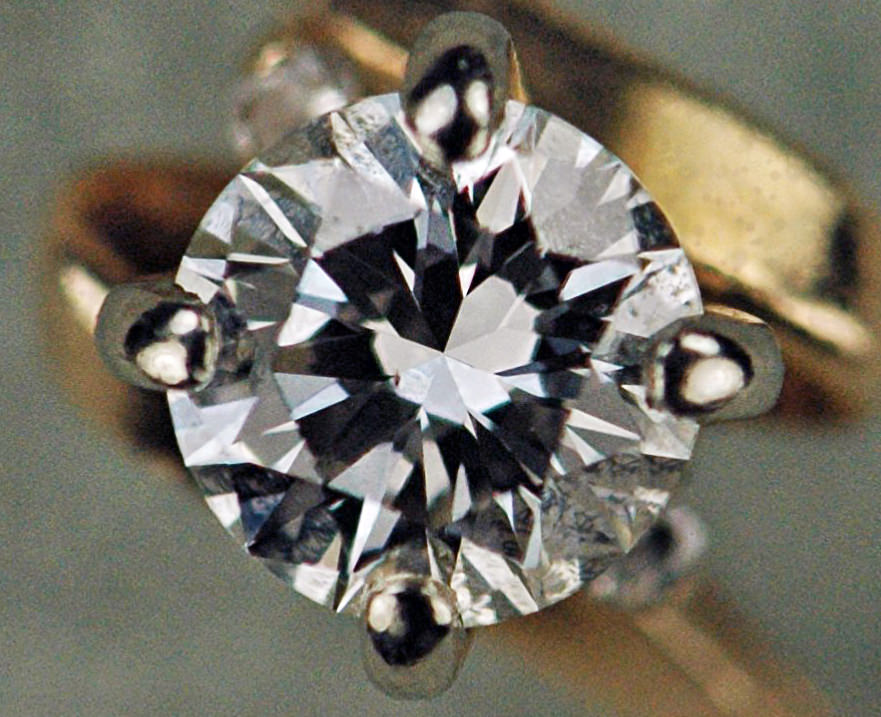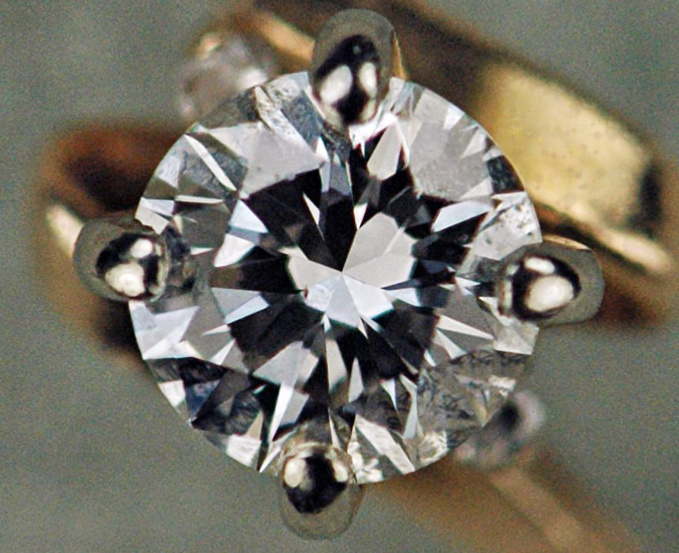The FTC, which is responsible for investigating allegations of dishonest advertising, has sent such notifications to eight companies in the industry.
The regulator notes that there were cases when advertisements of these companies hinted that the diamonds were mined at the mine, and not created artificially. The FTC reminded market participants that they could be fined for false statements in advertising and incur an additional penalty.
"The letters caution that they (manufacturers) can use names of precious stones, including brilliants and diamonds, to describe artificial or laboratory-grown stones only if the name clearly indicates that the gems were not mined ", - said in a FTC report.
In addition, the FTC demanded that manufacturers of synthetic diamonds refuse to advertise the words "environmentally friendly" and the like.
According to media reports, one of the companies that received the FTC letters is the Diamond Foundry, a California-based startup whose investors include famous people, including actor Leonardo DiCaprio.
The Diamond Mining Association (DPA), which includes the largest companies in the industry, De Beers, ALROSA and Rio Tinto, welcomed intervention of the FTC, calling it "an important step towards full transparency and consumer protection."
“Now it has become crystal clear that manufacturers of synthetic diamonds cannot use the word diamond without unambiguously specifying the artificial origin of the stone immediately before the word “diamond,” the DPA press release notes.
Last summer, the FTC abandoned the words "natural origin" in definition of brilliants and diamonds for the jewelry industry, which manufacturers of synthetic stones considered their victory, because their products now also fall under this definition thanks to this exception. However, in April it turned out that the American regulator did not intend to completely eliminate the differences in the approach to natural and artificial diamonds.
source: bloomberg.com
The regulator notes that there were cases when advertisements of these companies hinted that the diamonds were mined at the mine, and not created artificially. The FTC reminded market participants that they could be fined for false statements in advertising and incur an additional penalty.
"The letters caution that they (manufacturers) can use names of precious stones, including brilliants and diamonds, to describe artificial or laboratory-grown stones only if the name clearly indicates that the gems were not mined ", - said in a FTC report.
In addition, the FTC demanded that manufacturers of synthetic diamonds refuse to advertise the words "environmentally friendly" and the like.
According to media reports, one of the companies that received the FTC letters is the Diamond Foundry, a California-based startup whose investors include famous people, including actor Leonardo DiCaprio.
The Diamond Mining Association (DPA), which includes the largest companies in the industry, De Beers, ALROSA and Rio Tinto, welcomed intervention of the FTC, calling it "an important step towards full transparency and consumer protection."
“Now it has become crystal clear that manufacturers of synthetic diamonds cannot use the word diamond without unambiguously specifying the artificial origin of the stone immediately before the word “diamond,” the DPA press release notes.
Last summer, the FTC abandoned the words "natural origin" in definition of brilliants and diamonds for the jewelry industry, which manufacturers of synthetic stones considered their victory, because their products now also fall under this definition thanks to this exception. However, in April it turned out that the American regulator did not intend to completely eliminate the differences in the approach to natural and artificial diamonds.
source: bloomberg.com



















